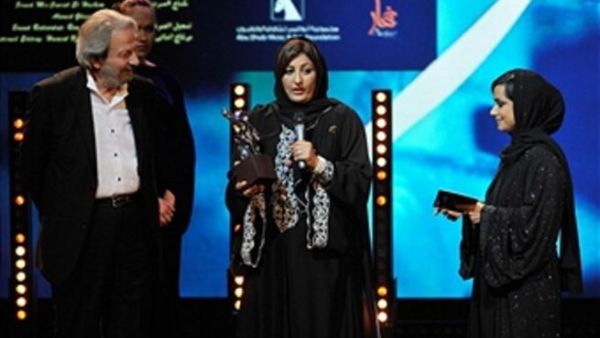Four out of five women professionals in the UAE have taken on more responsibility to advance their career prospects, according to a survey by Accenture.
The results show that women working in the UAE are more ambitious than their counterparts elsewhere in the world. In the survey conducted across 31 countries, 80 percent of women in the UAE said they have taken on more responsibility to further their careers, compared to 58 percent elsewhere in the world on average.
“The survey reiterates Accenture’s commitment to the Middle East region as our tribute to the spirit and effort of women,” said Omar Boulos, managing director of the global management consulting, technology services and outsourcing company in the Middle East. “It has successfully managed to portray the support and programmes companies currently provide for their employees, particularly women, and helps identify what needs to be done to attract, develop and retain high-performing employees.”
The survey also found that UAE companies are investing successfully in their female workforce by taking multiple initiatives that support women’s career advancements. These include continuous learning schemes, work/life balance programmes, participation in professional networks and effective counselling/mentorship. Another key finding from the survey is the importance of a rewarding work/life balance. People in the UAE value the stability of their company or role and the opportunity for advancement more than their global peers.
Adrian Lajtha, Accenture’s chief leadership officer, said: “Despite current challenges, employees are still striving for success, and energised, engaged employees remain a competitive advantage. Since the majority of today’s professionals are not job hunting, leading companies must capitalise on this moment in time to equip their people with clearly defined career paths that include innovating training, leadership development and opportunities for advancement.”
In November and December 2011, Accenture conducted an online survey of 3,900 business executives from medium to large organisations in 31 countries. Respondents were split evenly by gender and were balanced by age and level in their organisations.








